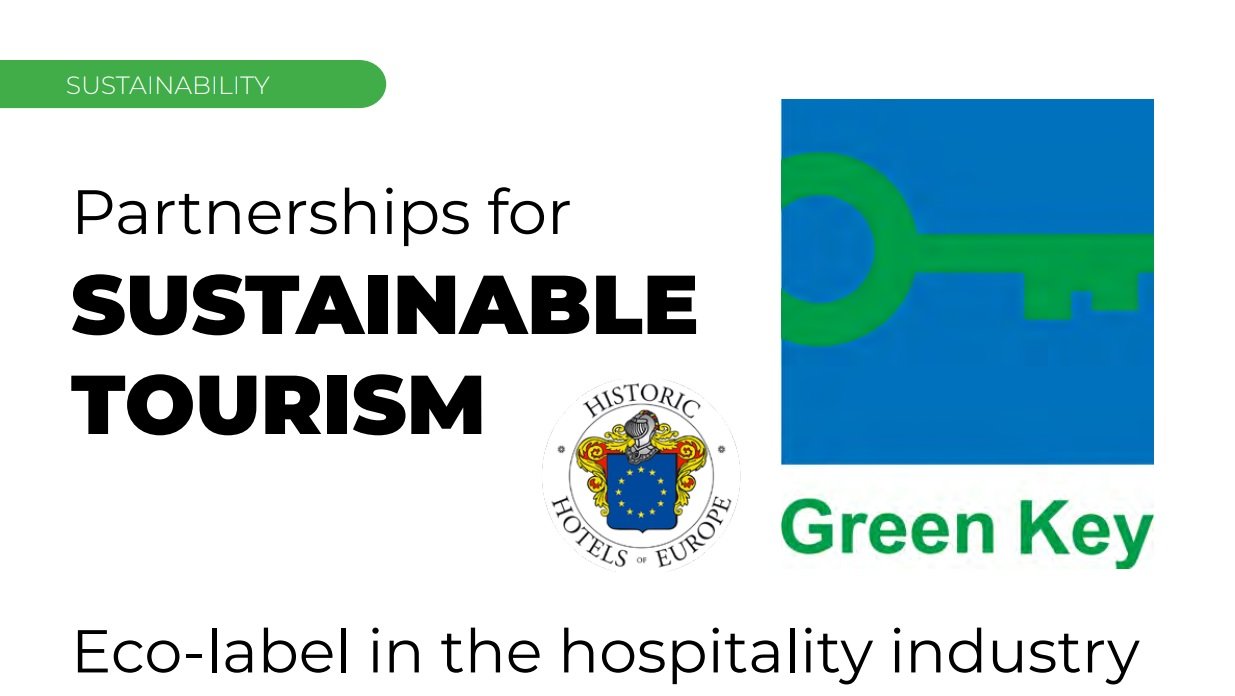The 8-hectare Étangs du Francbois holiday estate, where the Green Key certified Le Chalet les Mélèzes is located, offers now two green transportation options to its guests.
The Étangs du Francbois holiday estate
Located in the beautiful valley of river Yves, in the region of Wallonia, Belgium, the Étangs du Francbois is a holiday home perfect for those searching for a peaceful vacation. With nature surrounding the 8-hectare property, there are plenty of outdoor activities to try at Étangs du Francbois, including following the hiking trails, swimming in the Yves River, fishing, wildlife watching or even boat rowing.
Owned by the couple Ann De Vlaminck and Patrick Meirlaen, the holiday site has several accommodation options, including a Green key certified cottage, Le Chalet les Mélèzes, since 2019. As part of their sustainability commitment, the Étangs du Francbois owners have recently upgraded their transportation fleet used in the property for more eco-friendly vehicles.
My wife and I are running a 20-acre [8-hectare] holiday estate with 3-holiday cottages and two unique camping spots. Transport on the estate is one of our concerns as a ‘green key’ certified company. In the past years, we realised it is not a good idea to have our customers parking their cars at their holiday cottage”, explains Patrick Meirlaen. According to the owner, the decision to remove guests’ cars from the central area of the property was motivated by two main factors: “First of all, it is not secure because they could block the road for firefighters. Moreover, it is not very nice for the superb views on the estate to have cars parked in several places in the gardens”.
The new green transportation options offered in Étangs du Francbois can be used during Le Chalet les Mélèzes guests’ arrival, departure, and stay. The first option is an electric all-purpose and all-terrain vehicle with a cargo container, ideal for transporting visitors’ luggage. Moreover, there are also wagon carts available to all guests during their entire stay. These carts have a load capacity of up to 300 kilograms, which can be ideal for transporting children inside the property, but also groceries.








